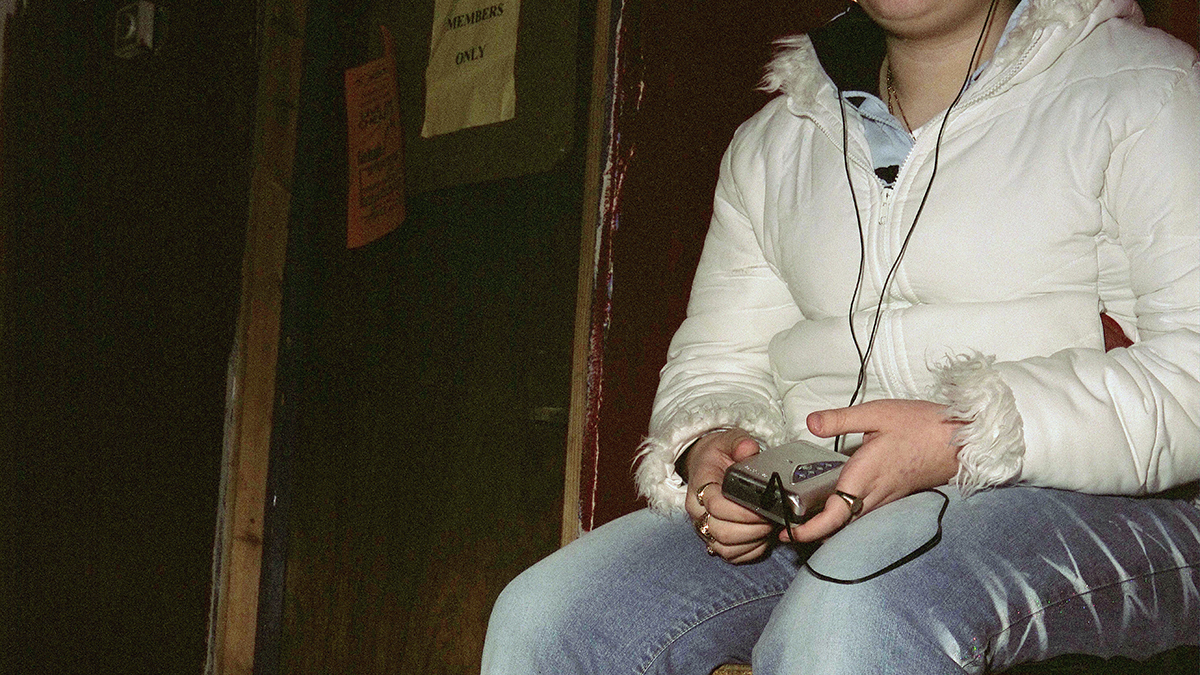
We’re all aware of the ongoing cassette revival, which has seen sales of pre-recorded tapes rise to their highest levels for two decades. But it seems that many Gen Z-ers are purchasing tapes without having anything to play them on. Or any idea of how they work.
The Wall Street Journal has revealed this in an interesting article that interviews a number of younger tape-heads. People like Amy Campbell, who admitted she struggled at first with the Kacey Musgraves cassette she bought from the country star’s website.
First she had to borrow her mother’s old tape player. Then she had to figure out how the thing worked: “You have to keep fast-forwarding, rewinding, pausing and playing to find the right song you want,” she explains.
Then there’s Molly Clark, whose 13-year-old daughter bought a cassette by the Norwegian singer Aurora. Dad had to dig out his old boombox from their Minneaopolis attic. Later they forked out $40 on a Walkman for her on eBay.
Luckily, the parents were on hand when the Walkman started chewing up the tape. “She had no idea if she had ruined the thing or not,” said Clark, who showed her daughter how to wind it back in using her finger. “I told her we used to use a pencil to do this.”
The feature also interviewed ex Radio One DJ Jen Long, who was instrumental in kick-starting the cassette revival a few years back. She ran the cassette-only label Kissability for a while and started the annual Cassette Day back in 2013. But Long’s ardour for the format has long since dimmed. She describes it now as “a cash cow... another format to get you up the charts and milk money from people.”
“I feel bad for the amount of plastic we had to put out into the world,” she says. And whilst she’s kept a few of her cassettes, she mainly streams music in 2024. “Tapes get played fairly rarely these days,” she admits.
So, are cassettes just another Gen Z phase like smashed avocado and waxed moustaches? Well, their revival shows no signs of abating - over 156,000 of the things were sold in the UK last year, the highest figure since 2003, and an increase of 95% from 2019. But their continued viability surely depends on the supply of vintage equipment to play the things on - or the availability of new devices - and the generosity of parents like Molly Clark to purchase them for their offspring.







